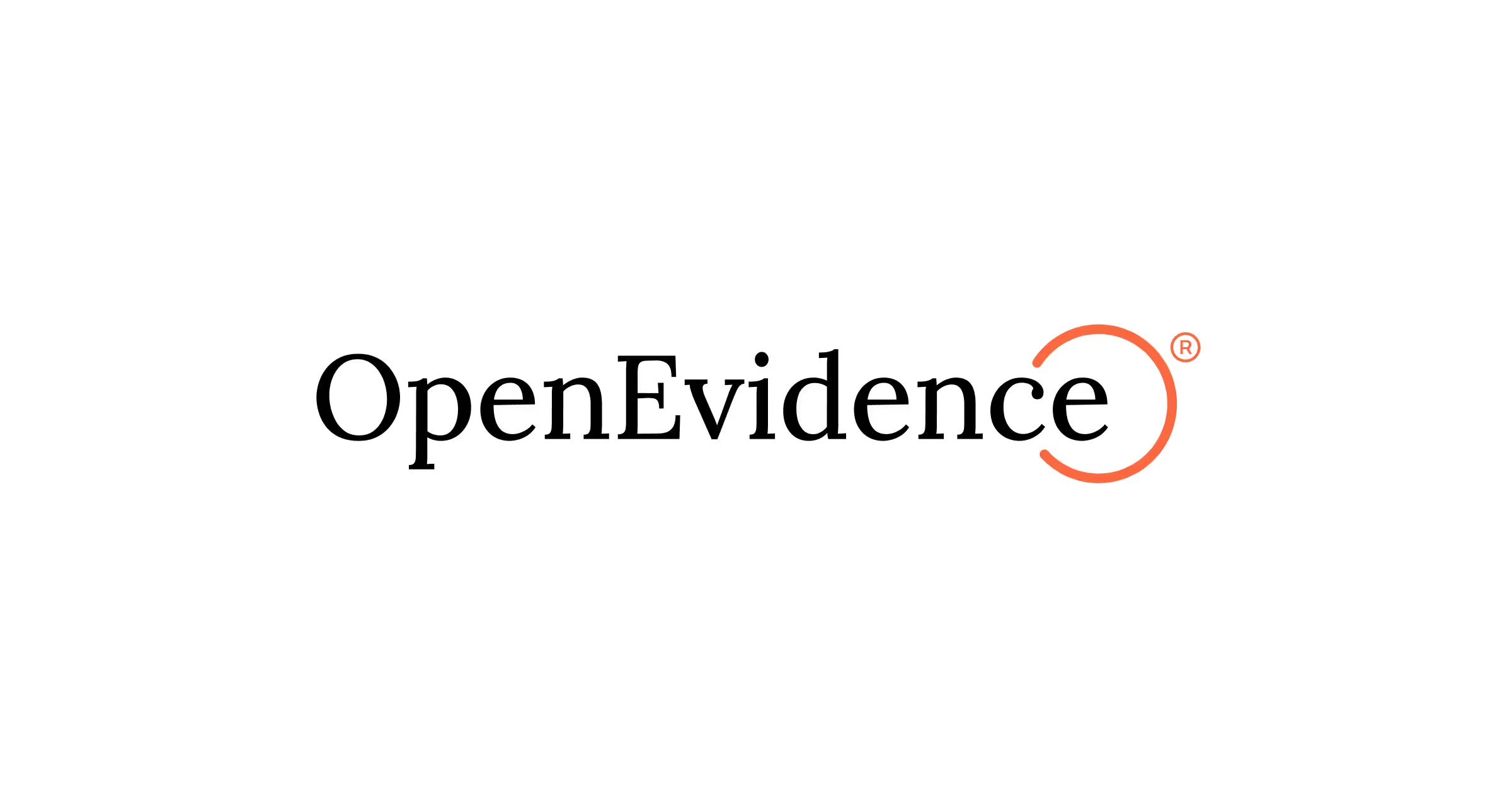
We envision a future where every medical decision is empowered by the world's collective knowledge, synthesized and accessible in real-time to those who need it most. Our mission is to transform how clinical evidence is organized and utilized, making cutting-edge research and trusted medical data instantly available to physicians at the point of care.
By harnessing advanced artificial intelligence, we decode and synthesize vast amounts of peer-reviewed medical literature to provide precise, evidence-based insights that support better health outcomes. Our technology bridges the gap between overwhelming information and practical clinical application, unlocking new potential for informed decisions and improved patient care.
At the core of our work is a commitment to pioneering innovation in healthcare knowledge management. We strive to build a future where medical professionals everywhere can confidently access the latest scientific advancements, driving progress in medicine and elevating global health standards.
Our Review
When we first heard about OpenEvidence, we'll admit we were skeptical. Another AI company promising to revolutionize healthcare? But after digging into what Daniel Nadler and Zack Ziegler have built, we're genuinely impressed by how they've tackled one of medicine's biggest problems: information overload.
The numbers speak volumes. Over 40% of U.S. physicians are logging in daily, and the platform handles 8.5 million clinical consultations monthly. That's not just adoption—that's doctors depending on this tool for patient care.
What Makes It Click
The secret sauce isn't just the AI—it's the partnerships. OpenEvidence has done something smart by partnering directly with elite medical journals like _The New England Journal of Medicine_ and _JAMA_. Instead of scraping random web content, they're pulling from 35 million peer-reviewed publications that doctors already trust.
We love that physicians can ask natural language questions and get back synthesized answers with actual citations. No black box, no mysterious recommendations—just evidence-based insights grounded in real research.
The Pedigree Factor
Nadler's track record gives us confidence. His previous company, Kensho, was acquired by S&P Global for serious money, and he clearly understands how to build AI tools that professionals actually use. The personal motivation—his grandfather's death from a medical error—adds authenticity to what could otherwise feel like another Silicon Valley money grab.
Their AI scored 100% on the USMLE by 2025, which is frankly remarkable. That's the exam that medical students take to become licensed physicians.
Where We See the Real Impact
What excites us most is the democratization aspect. While big hospital systems have always had access to research databases and specialists, OpenEvidence is reaching smaller practices and remote clinicians who've historically been left behind. When 65,000 new verified clinicians are signing up monthly, you know you're solving a real problem.
The $3.5 billion valuation after just three years might seem steep, but given the critical nature of the problem and the explosive user growth, we think investors are betting on something transformative rather than just trendy.
Feature
AI-powered medical search engine
Clinical decision support platform
Natural language question answering
Evidence-based answers grounded in peer-reviewed research
Synthesized clinical insights with charts and graphs
Access to over 35 million peer-reviewed publications
Trusted content from top medical journals (NEJM, JAMA)








